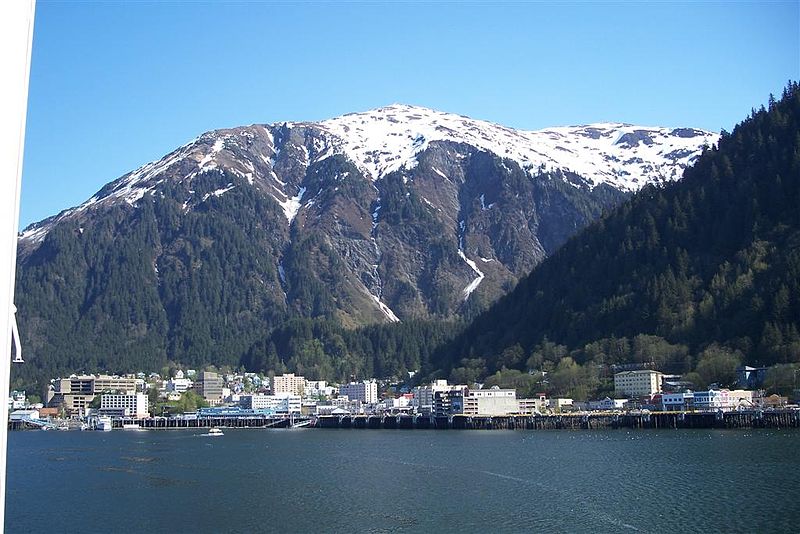
On Monday, the Biden administration approved the $8 billion Willow oil project, one of the largest new oil and gas developments on federal land in Alaska in 20 years. The project, planned by
Houston-based petroleum company ConocoPhillips, is targeted for land within the National Petroleum Reserve-Alaska, an approximately 23-million-acre pristine area on the Beaufort Sea north of the Arctic Circle and about 200 miles west of existing oilfields at Prudhoe Bay.
The approval of the project has been met with fierce opposition from environmental activists, who had rallied under a #StopWillow hashtag on social media to try to halt the project. The project has also been controversial because it marks a shift in the Biden administration's handling of major fossil fuel projects, which had previously approved few without congressional or court intervention.
However, in an appeal to critics who said the president betrayed his commitment to fight climate change, Biden also signaled sweeping future action to bar offshore drilling on 2.8 million acres in the Arctic Ocean. This move will create habitat protections for grizzly and polar bears, caribou, and migratory birds in areas known for globally significant habitat.
The Interior Department approved three of five drilling sites proposed by ConocoPhillips, reducing the original size of the 200-well project by about 40% and eliminating 11 miles of roads, 20 miles of pipelines, and 133 acres of gravel that would have been required. The company also agreed to relinquish 68,000 acres of existing leases in the National Petroleum Reserve-Alaska, reducing its footprint in the reserve by one-third.
These steps will create "a buffer" between oil development activities and migration routes for caribou in the area, Interior Department officials said.
The approval of the Willow project has been met with criticism from environmental activists, who accused the Biden administration of betraying its commitment to ending runaway climate change. Kristen Monsell, a senior attorney at the Center for Biological Diversity, called Biden's action "appalling" and vowed to continue fighting to keep Willow from breaking ground. Abigail Dillen, president of Earthjustice, accused the Biden administration of "betraying its core commitment" of ending runaway climate change.
Despite the criticism, the Biden administration was limited by legal restraints in reviewing the Willow project's application, according to a White House official who said the company had valid rights on the land because of decades-old leases. The administration was convinced the courts would have blocked an outright rejection of the Willow project and could impose fines on the government, said the official, who spoke about the White House’s considerations on the condition of anonymity.
The approval of the Willow project comes amid growing concerns about the impacts of climate change on the Arctic region. The region is warming faster than any other part of the world, causing melting sea ice, thawing permafrost, and rising sea levels.
In anticipation of a backlash from climate activists, the Biden administration on Sunday proposed rules to block future oil and gas leases within more than 13 million acres of the 23-million-acre National Petroleum Reserve-Alaska. The rule would block oil and gas leasing in Teshekpuk Lake, Utukok Uplands, Colville River, Kasegaluk Lagoon, and Peard Bay, which are known for globally significant habitat.
Biden's action to indefinitely bar future offshore drilling on 2.8 million acres in the Arctic Ocean will complete protections for the entire Beaufort Sea, building upon efforts made during the Obama administration. Photo by Bill & Vicki Tracey from Rochelle Illinois, usa, Wikimedia commons.
The approval of the Willow project and Biden's action to protect the Arctic has highlighted the tension between the need to protect the environment and the demand for oil and gas.






































